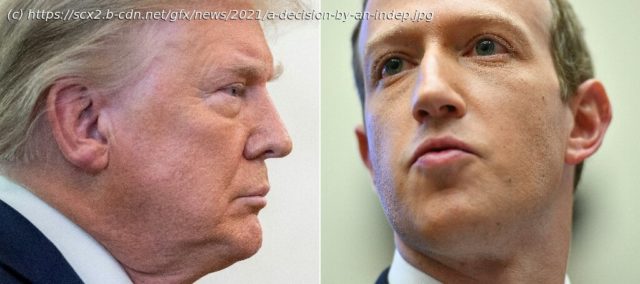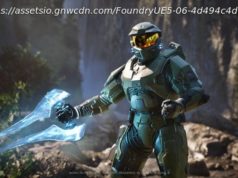Facebook’s top executives set up an independent oversight board to avoid having to make tough decisions about explosive content—but the panel’s first major ruling on Donald Trump sent the ball right back into Mark Zuckerberg’s …
May 7,2021 Facebook’s top executives set up an independent oversight board to avoid having to make tough decisions about explosive content—but the panel’s first major ruling on Donald Trump sent the ball right back into Mark Zuckerberg’s court. The panel on Wednesday opted to uphold the ban on the former US president’s use of the leading social media network, saying Facebook was right to oust him, but sidestepped an overall decision on whether he will ever be allowed back. It gave the company six months to justify why his ban should be permanent—leaving a grenade in Zuckerberg’s lap on the issue of free speech, and spotlighting weaknesses in the platform’s plan for self-regulation. “Facebook didn’t want to make the decision because it’s politically loaded,” said Hany Farid, a professor at the University of California, Berkeley and dean of its School of Information. “So they kick it down to the oversight committee and the oversight committee says, ‘We don’t want this, you decide’,” he noted, adding that the board had “punted on the hard question” of Trump’s long-term access to Facebook. Zuckerberg has treated the case like Kryptonite, reportedly asking the company’s top public affairs executive Nick Clegg, a former British deputy prime minister, to write a first draft of his statement defending the ban, and then to decide whether to refer the case to the oversight board. That is not surprising, according to Sarah Roberts, an assistant professor of information studies at University of California, Los Angeles.






